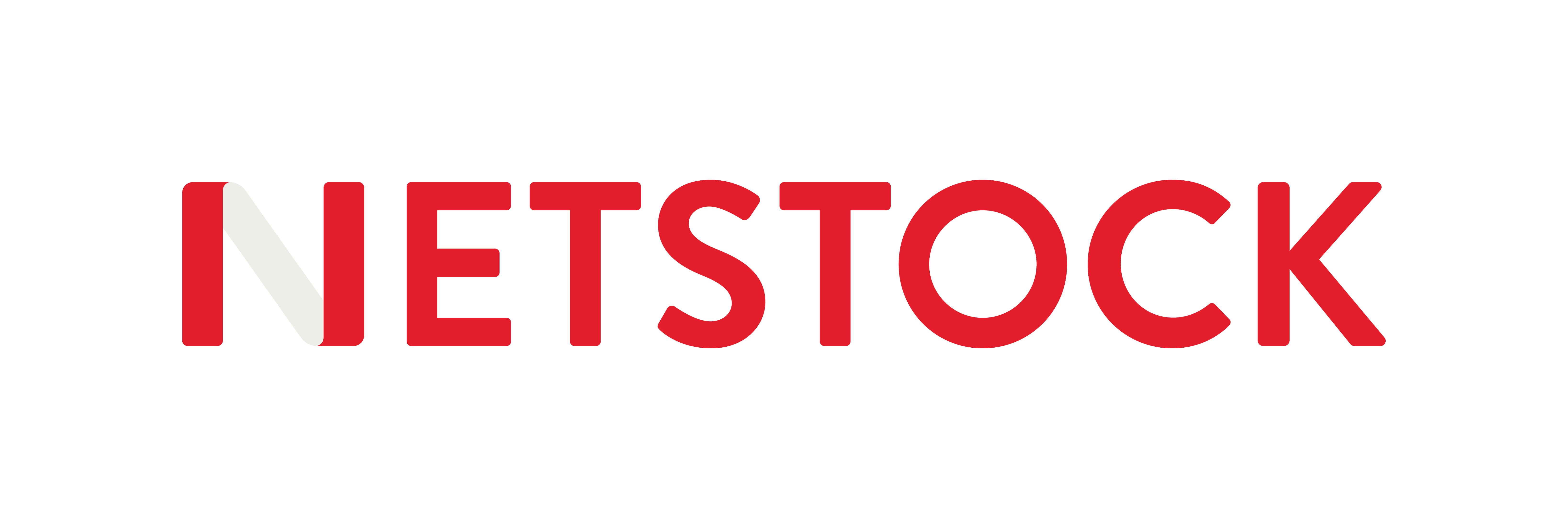
Keeping stock of your stock: How to build a resilient supply chain in 2024

Supply chains have suffered for the past few months due to the attacks on commercial shipping lanes in the Red Sea. The resulting shipping delays and price hikes led global trade to drop by 1.3 percent in December. But this is not the only disruption supply chains have faced in recent years. A global pandemic, Brexit, the blockage of the Suez Canal, the Russian invasion of Ukraine, and record-breaking heat waves have all contributed to the increasing vulnerability and complexity of global trade routes.

Source: Shutterstock
“Through COVID, lead times didn’t just increase, they doubled, they tripled, and we’re talking international lead times,” Mark Hopkins, Netstock’s Global VP of Professional Services, told Tech Wire Asia. “I don’t think I ever thought I’d be saying that the ‘good old days of 2019’, and yet the supply chain has changed massively in the last four years. Now, we understand that we need to be prepared to understand the unexpected much faster than we were ever before.”
The unpredictability of supply chains makes it challenging for businesses to effectively manage their inventory. Not being able to accurately forecast demand leads to over or understocking issues that can have profound financial repercussions. Indeed, increased costs stemming from storage expenses, rerouting, and expedited shipments have added financial strain to businesses already grappling with the aftermath of various disruptions. Delays in product availability, increased prices, and a lack of transparency in the supply chain contribute to customer dissatisfaction and further revenue losses.
On the other hand, maintaining inventory visibility can offer a lifeline when navigating the impacts of supply chain disruptions. It allows companies to anticipate and respond swiftly to disruptions, enabling proactive decision-making. Businesses can identify potential shortages, adjust safety stock, and mitigate the impact of extended lead times. Such visibility is crucial for fostering resilience, aligning inventory planning with real-time demands, and building a supply chain capable of adapting to unforeseen events.
Mr Hopkins said: “Static planning – the idea that I should be able to keep up on a spreadsheet – is a common mistake. People who are trying to survive by setting a static safety stock just can’t keep up now because the rules keep changing.
“The Eustralis example really shows you the dangers of when people aren’t necessarily thinking about spreadsheet planning.”

Source: Shutterstock
Eustralis, a premium food and wine wholesaler from Perth, Australia, faced a number of inventory challenges at the start of 2023. These included a lack of visibility, supply chain disruptions ongoing from the COVID-19 pandemic, branches operating in silos, and holding excess stock.
Mr Hopkins said: “They ended up having a bunch of little mini silos inside their business because each person’s spreadsheet was planned separately, and the knowledge that was baked into them wasn’t really being shared across the business.”
The company decided to implement the inventory management solution Netstock to help address its challenges and transform operations. The system not only addressed its pre-existing challenges but also equipped it to navigate the tumultuous global supply chain landscape with demand forecasting. “Switching to a tool like Netstock allowed [it] to have visible data understood across the business, which allowed better collaboration,” said Mr Hopkins.
The newfound visibility enabled Eustralis to manage inventory proactively, anticipate potential shortages, and align stock levels with real-time demands. Eustralis achieved a 35 percent reduction in inventory within seven months, a feat that saved on storage costs and allowed it to adapt to the extended lead times. The company’s ability to streamline operations and respond swiftly to changing conditions resulted in a 50 percent increase in sales while maintaining an impressive 97 percent fill rate.
In the wake of the current shipping disruptions, inventory-holding businesses now need the right tools to help them improve visibility and accuracy, and adjust their planning to changes in supply and demand. Netstock is a robust yet affordable inventory management solution that can prepare organizations to weather future disruptive events. Through seamless integration with existing Enterprise Resource Planning (ERP) systems, the platform optimizes inventory processes without necessitating a complete overhaul. Its cutting-edge technology unlocks hidden capital by quickly identifying excess stock, ensuring businesses realize a prompt return on investment. The user-friendly interface, coupled with the Netstock Learning Academy and exceptional onboarding support, ensures accessibility for users with varying technical expertise.

Source: Shutterstock
Netstock’s standout feature, the Pivot Forecasting Engine, enables precise demand predictions, aiding informed decision-making on stock levels and procurement. “Seeing the impact on your business gives you the ability to take action that allows you to stay in stock,” said Mr Hopkins. “If your supplier decides to ship early and you aren’t achieving your sales on time, you’re not actually ready to pay them on time, so having a tool that allows you to project the impact in both directions is essential.
“It makes it easy for you to buy in and realize that you actually are heading the right way or, conversely, if you see a profile that shows a road you don’t want to follow, you can make some adjustments to the plan. The visibility of information allows you to make decisions faster, and, of course, that’s how you handle disruption better, as you are in a better position to make a decision more quickly.”
To learn more about how Netstock can help turn your inventory into a valuable asset and optimize your business’s financial health, download this free e-book today.
READ MORE
- 3 Steps to Successfully Automate Copilot for Microsoft 365 Implementation
- Trustworthy AI – the Promise of Enterprise-Friendly Generative Machine Learning with Dell and NVIDIA
- Strategies for Democratizing GenAI
- The criticality of endpoint management in cybersecurity and operations
- Ethical AI: The renewed importance of safeguarding data and customer privacy in Generative AI applications
